Lists
















54 Books, 3 Authors
BOOKS TO READ
Sort by:
Recent Desc
More lists by JJ


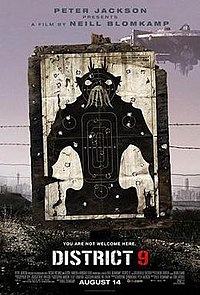
NEXT UP
List includes: Spun, The Thirteenth Floor, District 9
May 2022
1
@6jeff


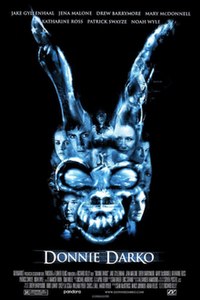
WATCHED
List includes: 500 Days of Summer, American History X, Donnie Darko
May 2022
0
@6jeff
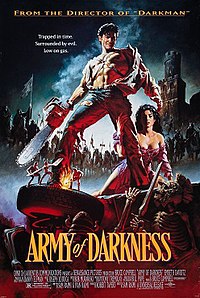

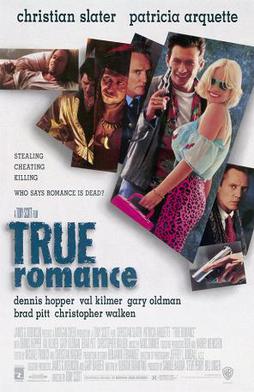
October 21
List includes: Army of Darkness, Teen Witch, True Romance
November 2021
1
@6jeff

TV Series
List includes: One Dollar
November 2021
0
@6jeff


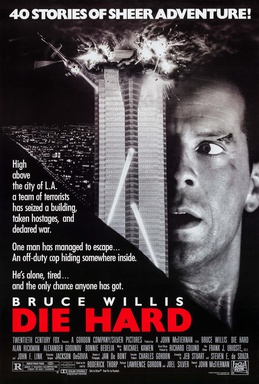
Xmas 21
List includes: The Apartment, Elf, Die Hard
November 2021
0
@6jeff
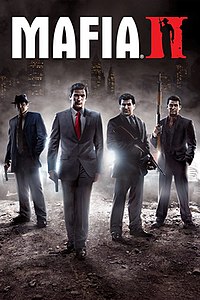
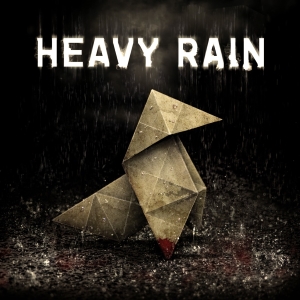

Video Games
List includes: Mafia II, Heavy Rain, The Last of Us
November 2021
0
@6jeff
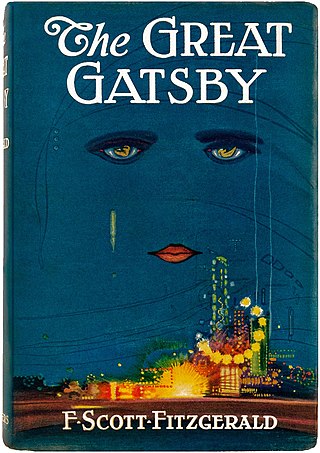
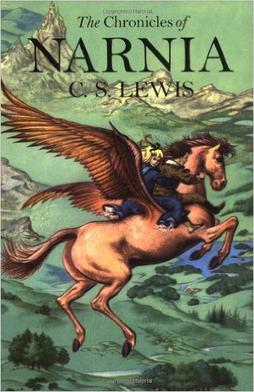

Books I’ve read
List includes: The Great Gatsby, The Chronicles of Narnia, Hamlet
November 2021
0
@6jeff